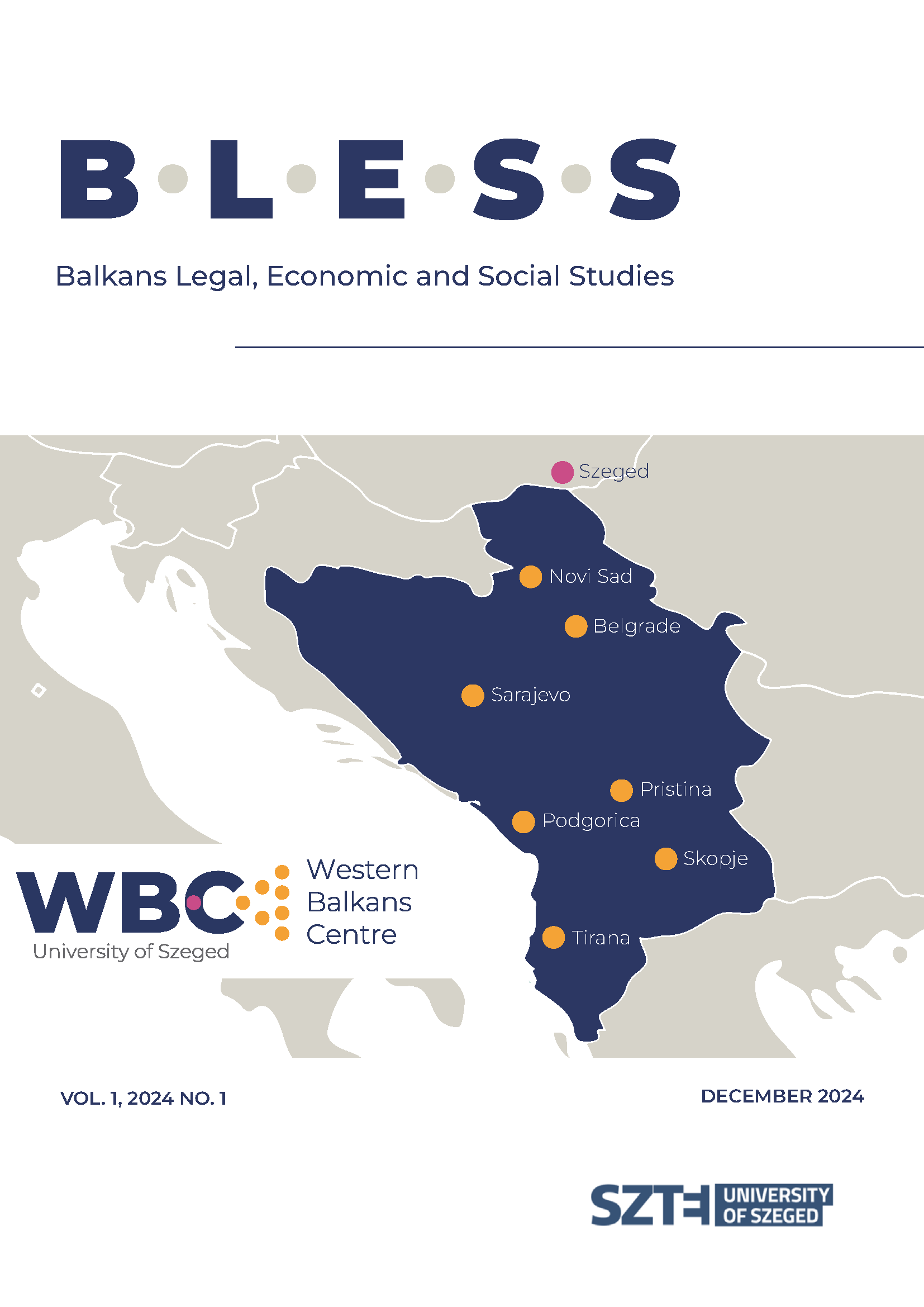Yugoslav-Hungarian Relations between the End of World War II and the Hungarian Revolution of 1956
Main Article Content
Abstract
The article represents a detailed overview of the complex relations between the new neighbouring socialist countries of Yugoslavia and Hungary in the first decade after World War II. Bilateral relations between the two countries in the years leading to the Hungarian Revolution were influenced by various factors, stemming both from the sphere of international relations and the specific internal development of both states. On the level of international relations, Yugoslav-Hungarian relations until 1948 were developed within the Soviet sphere of influence. This period was marked by mutual cooperation between Belgrade and Budapest, which benefited from close ties established between the party leaders of the two countries. However, the Yugoslav-Soviet split in 1948 made developing a friendly and autonomous foreign policy between Yugoslavia and Hungary impossible. During the following years Yugoslav-Hungarian relations witnessed a steep decline, embodied in propaganda efforts and border incidents, only to lead to a full diplomatic breakdown in 1952. Normalization was to happen only after the death of USSR leader Joseph Stalin in 1953. From that point, internal developments in Hungarian politics played an increasingly important role in the formation of the country's foreign policy toward Yugoslavia. The reformist government led by Imre Nagy pursued the course of normalization of relations with its southern neighbour, which stopped in 1955 after Nagy was replaced with Mátyás Rákosi as head of government. The thawing of relations eventually resumed after Rákosi was deposed during the next year in the whirlpool of events leading up to the Revolution of 1956.
Downloads
Article Details

This work is licensed under a Creative Commons Attribution-ShareAlike 4.0 International License.
